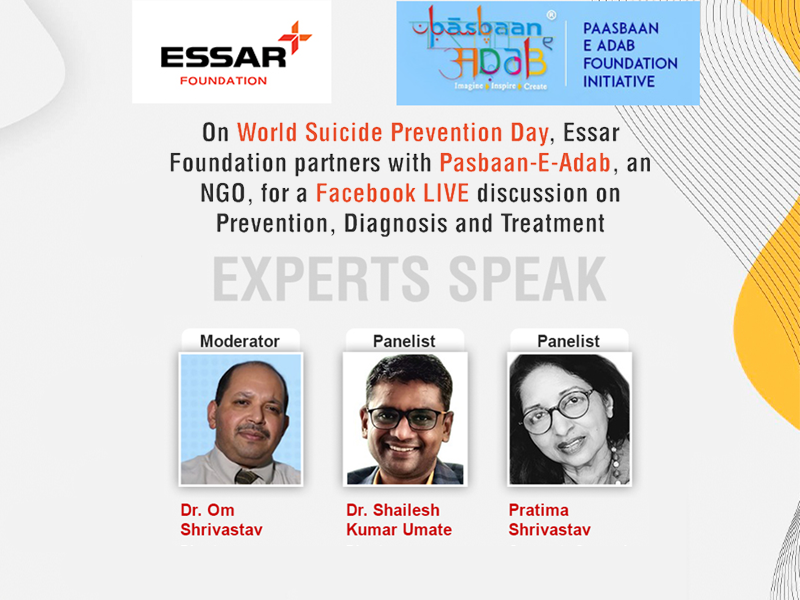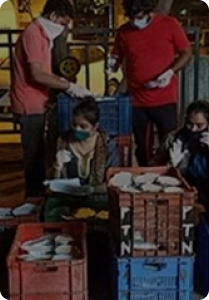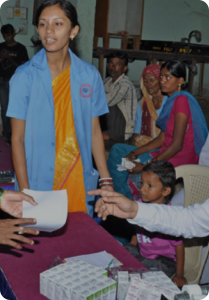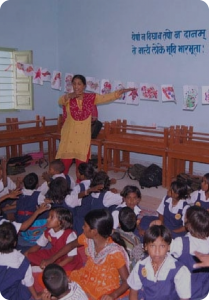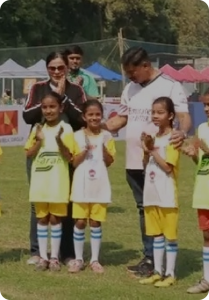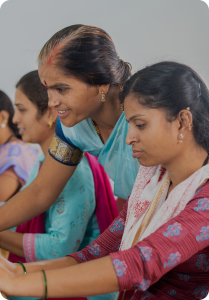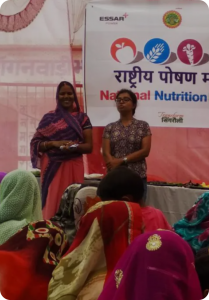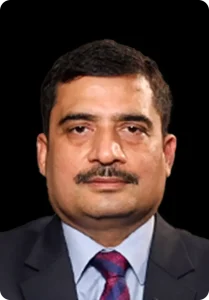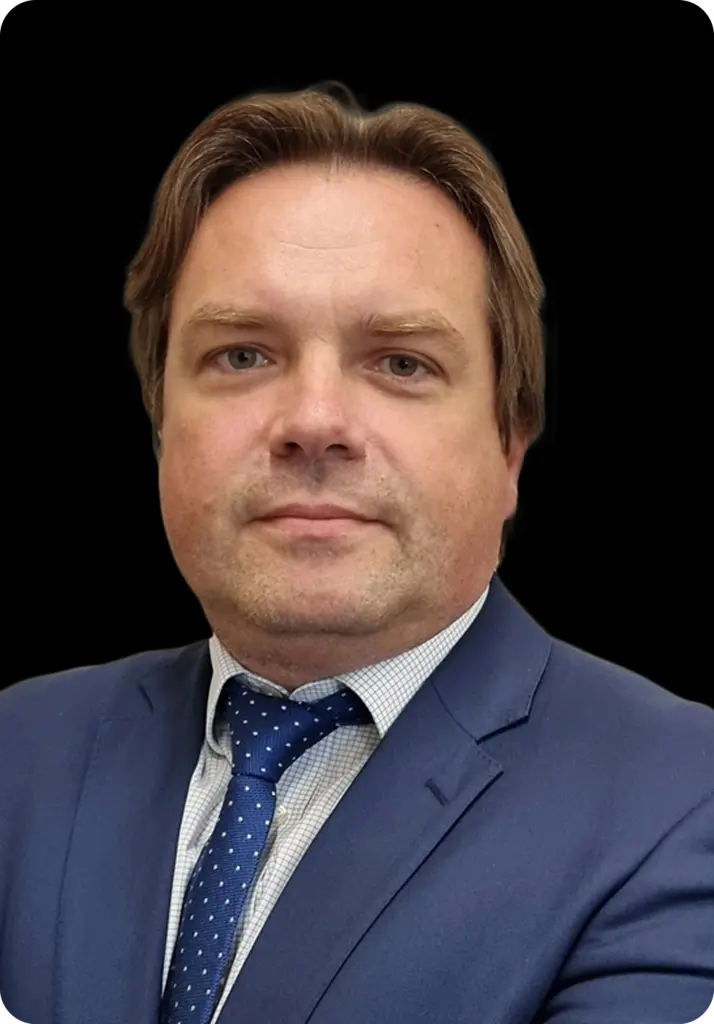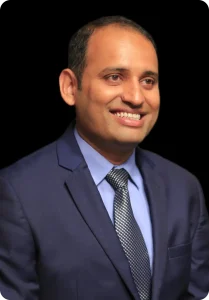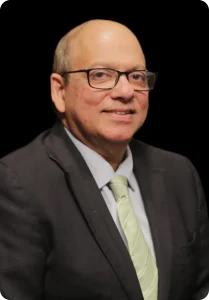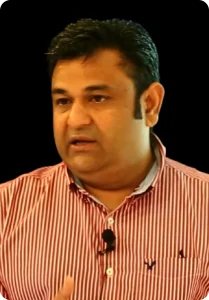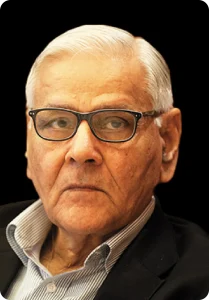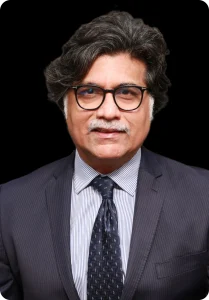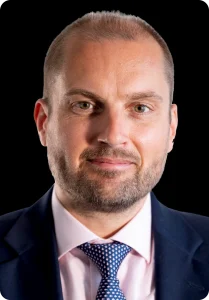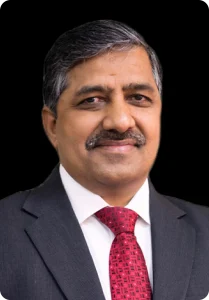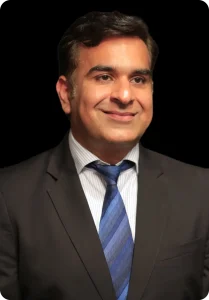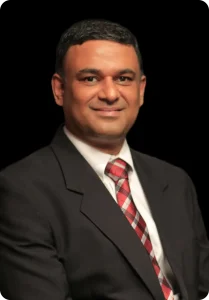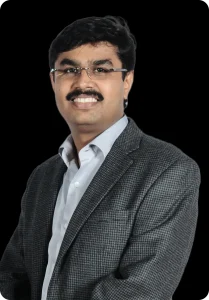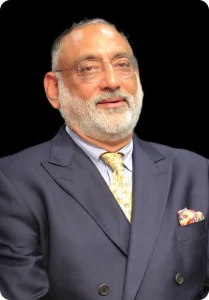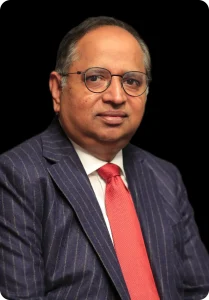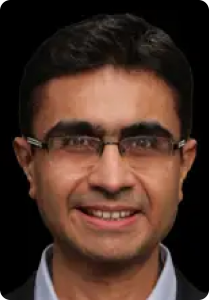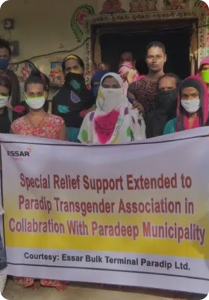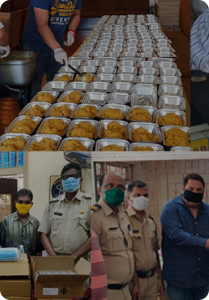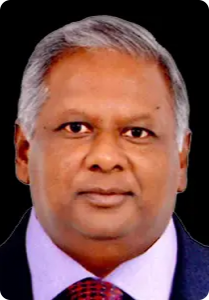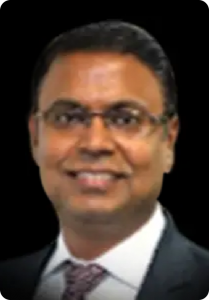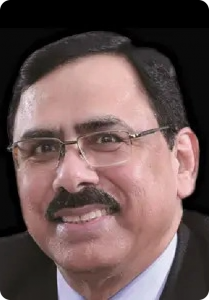Suicide Awareness Week
The week from September 5th, 2021 to September 11th, 2021, was observed as suicide awareness week internationally. While physical well-being has become an important concern socially due to the pandemic, mental repercussions of living through turbulent times are often downplayed. Cognizant of this context, Essar Foundation partnered with the NGO Pasbaan-e-adab and conducted a timely session on mental health and suicide, to help people be more aware about their own and other people’s mental wellbeing.
Panel
- Dr Shailesh Umate (Psychiatrist)
- Ms Pratima Shrivastav (Leads HelloHappiness NGO)
Moderator
- Dr Om Shrivastav
Introduction
The talk began with a brief discussion on basic understanding of suicide and its causes. Dr Umate mentioned that suicide is a complex phenomenon that needs to be examined using different academic lenses: the medical reasons, the socioeconomic factors, and the external and internal situations that affect patients. He underlined that no age group is immune from suicide and it is equally prevalent in all genders. People between ages of 15-45 are at the highest risk of self-harm and suicide. The discussion then moved to different medical, social and societal interventions that can help reduce the occurrence of suicide and self-harm, the causes of self-harm, linkage between suicide and addiction, and the need for more awareness about mental health.
Nutritional Deficiencies
While all suicides cannot be liked with nutritional deficiencies, some nutrients are correlated with depression, a major cause for suicides. Deficiency of Vitamin B12, and Vitamin D is linked with depression in people. This could be an indicator of weak mental health and needs to be taken seriously. Dr Umate told the audience that certain nutritional tests help with more accurate diagnosis of depression.
Addiction
Addiction is bad not only for our physical health, it also affects our sense of reason and our mental wellbeing. People often aren’t able to control their moods and get agitated without consuming the intoxicant. Substance abuse can have a catastrophic effect on the people’s mental health, it might also make them a social outcast, pushing them towards loneliness. The risk of suicide increases tenfold if the person is intoxicated. Alcohol is especially dangerous for people with suicidal tendencies, as it can cause them to think unreasonably and execute the worst of their plans.
Pre-existing Conditions
Feeling of loneliness is an indicator of low self-esteem and compromised well-being. It is the most important indicator of decline in mental well-being and could lead to suicidal ideations. In an increasingly individualistic society, it often becomes difficult for individuals to seek connections and help. This can happen anytime, but is more likely after a fight with parents, or after a break-up. Ms Pratima’s NGO ‘Hello Happiness’ steps in and provides an online helpline wherein anyone can talk to a certified professional and receive counseling. If required, the counselors can refer the patient to a medical practitioner for advanced treatment.
Peer Pressure
Harsh peer pressure and the need to reaffirm our place in the society is one of the leading causes of reduced self-worth. A person who constantly compares themselves to others might exaggerate their short comings and ignore their own strengths and achievements. In India, this toxic behavior is often exhibited by parents when they constantly compare their own kids and measure them against societal expectations.
Ms Pratima mentioned that India has amongst the most competitive education systems in the world; coupled with parental pressure, it is a recipe for mental health disaster, and many students require counseling to be able to cope up. Often parents and family members also receive counseling on how to deal with the child in a healthy way.
Family and community
Dr Umate told the audience that in case there is a hint of suicidal tendencies in a patient with mental health issues, the close family should be informed. It is important to take them on board, so that they might recognise signs of increasing suicidal thoughts and might be able to ensure that help is available to the patient. Communities need to be taught to pick up hints of suicidal tendencies. Contrary to the stigma around mental health, it will be beneficial if mental health and suicide is openly discussed with close family, as they might be able to provide comfort and timely intervention for someone who is considering suicide.
Closing Remarks
The panelists closed the talk by discussing the role the community can play in reducing incidences of suicides and self-harm. The session ended with a brief discussion on the need to manage stress in professional and personal settings as this is something that directly impacts people’s mental health and might later lead to more serious cases of self-harm.

